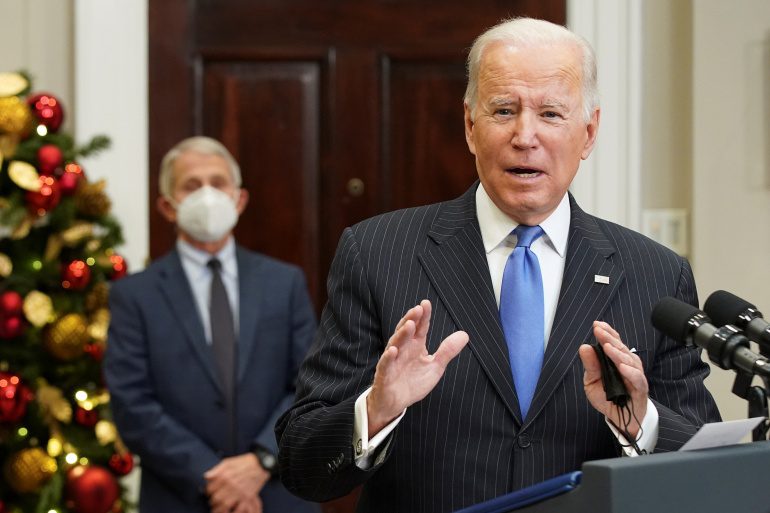News
WHO: Omicron risk could see travel curbs tighten
News
Iran live updates: Airlines face disruptions that surpass previous Middle East conflicts
News
Oil prices surge amid rising Middle East conflict risks
Crude oil surges 7% amid fears of Middle East conflict; Strait of Hormuz disruptions may push Brent over $100.
News
Trump warns of last opportunity to hit Iran as conflict escalates
Trump declares final chance to strike Iran, aiming to dismantle missile systems and prevent nuclear weapons amid U.S. troop losses.
-



 Tech4 days ago
Tech4 days agoMeta launches lawsuits over alleged scam advertising operations
-



 News3 days ago
News3 days agoCrude oil prices spike amid U.S.-Israel military action
-



 News3 days ago
News3 days agoIran warns ships to avoid Strait of Hormuz
-



 News8 hours ago
News8 hours agoIran live updates: Airlines face disruptions that surpass previous Middle East conflicts
-



 News3 days ago
News3 days agoU.S. and Israel attack Iran, escalating regional conflict
-



 News3 days ago
News3 days agoMarkets brace for turmoil after U.S. strikes Iran
-



 Shows1 day ago
Shows1 day agoCities reshaped by capital, policy, and design insights
-



 Shows1 day ago
Shows1 day agoUnderstanding commercial lending’s unique challenges and strategies





